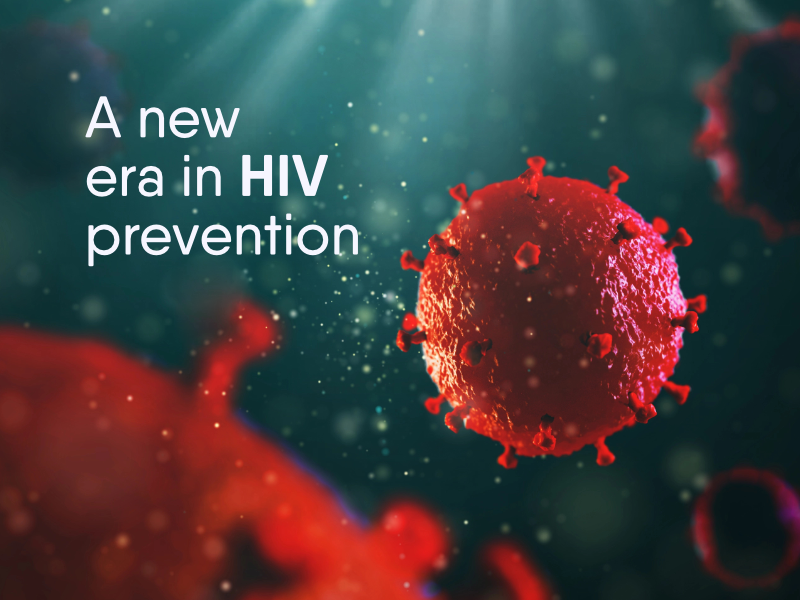STIs: What do you know about them?
- Byon8 Team
- Dec 2, 2021
- 3 min read
Updated: Jan 29, 2022
Sexually transmitted Infections are very common, preventable, and cause serious health complications.
Author: Blaise Ntacyabukura, MD, MMedSc

To mention a few, untreated infections cause upper genital tract infections, infertility, chronic pelvic pain, cervical cancer, penile, anal, and oral cancers, and chronic infection with hepatitis viruses and HIV.
Adopting safe practices and seeking appropriate healthcare is essential to prevent the spread of these diseases as well as safeguard your health.
When to suspect you've contracted STIs? — In general, the symptoms can be generalized to the whole body or localized to the affected site.
Generalized symptoms include: fever, malaise, depending on the type of infection.
Localized symptoms include Pus discharges with different smells and colors, painful urination, skin rashes around the genital area, chancre, warts, etc.
Risk factors — Behavioral factors that increase the risk of STI acquisition include:
New sex partner in past 60 days
Multiple sex partners or sex partners with multiple concurrent sex partners
Sex with sex partners recently treated for an STI
No or inconsistent condom use outside a mutually monogamous sexual partnership
Trading sex for money or drugs
Sexual contact (oral, anal, penile, or vaginal) with sex workers
Meeting anonymous partners on the internet
What are the most common STIs?
Chlamydia and gonorrhea infections: They are very common especially among adolescents and young adults. Among:
Female: Those infections are symptomless or minimally symptomatic and if left untreated, can lead to serious complications, including infertility, complications of pregnancy, and chronic lower abdominal pain.
Men who have sex with only women: Individuals who don’t have any symptoms, 0 to 1.5 percent may carry those infections, in contrast to rates as high as 28 percent among symptomatic individuals in some contexts.
For men who have sex with men: Those infections are often detected in around 8 percent in their urinary tract and genital tracts, and around 16 percent in their rectal areas.
Trichomonas: That is often asymptomatic, researchers have found it associated with adverse pregnancy outcomes, common among females with HIV, and increasing the risk of chronic lower abdominal pain.
Syphilis, an infection that can lead to serious long-term complications affecting the heart and neurologic system, is all preventable when the early stage of disease, which can be minimally symptomatic or easily left undiagnosed, is effectively treated. Additionally, syphilis is associated with an increased risk for HIV transmission and acquisition.
HIV and hepatitis viruses, each affecting around 3% of the population in sub-Saharan countries, when left untreated, HIV infection, chronic hepatitis B virus (HBV) infection, and chronic hepatitis C virus (HCV) infection can result in considerable excess diseases and mortality for the infected individual and contribute to further transmission of these infections. Their risk is higher among individuals with multiple sexual partners. Note that they may be transmitted via other means, therefore protection has to be extensive!
Human papillomavirus infections, which are relatively becoming common, when undetected and treated, a persistent infection with specific high-risk genotypes of human papillomavirus (HPV) causes virtually all cancers of the cervix and is associated with oral and anal cancer.
Preventive measures — the most important actions to make.
For everyone,
Accurate sexual health assessment (including sexual orientation and gender identification), with education and counseling on ways to avoid STIs, has to be made by a professional healthcare provider.
Pre-exposure vaccination for vaccine-preventable STIs, check with a professional healthcare provider.
Effective diagnosis, treatment, counseling, and follow-up of infected individuals are done by a professional healthcare provider.
Evaluation, treatment, and counseling of sex partners of infected individuals, by a professional healthcare provider.
Get a convenient and effective sexual healthcare provider on BYON8, an app that gives you access to a free symptoms checker experienced general practitioners and specialists medical doctors.
Until next time - Stay safe!
Source:
Low, N., Broutet, N., Adu-Sarkodie, Y., Barton, P., Hossain, M., & Hawkes, S. (2006). Global control of sexually transmitted infections. Lancet (London, England), 368 (9551), 2001–2016. https://doi.org/10.1016/S0140-6736(06)69482-8
US Preventive Services Task Force, Davidson et al. Screening for Chlamydia and Gonorrhea: US Preventive Services Task Force Recommendation Statement. JAMA, 326(10), 949–956. https://doi.org/10.1001/jama.2021.14081
Rieg et al. Asymptomatic sexually transmitted infections in HIV-infected men who have sex with men: prevalence, incidence, predictors, and screening strategies. AIDS patient care and STDs, 22(12), 947–954. https://doi.org/10.1089/apc.2007.0240



Comments